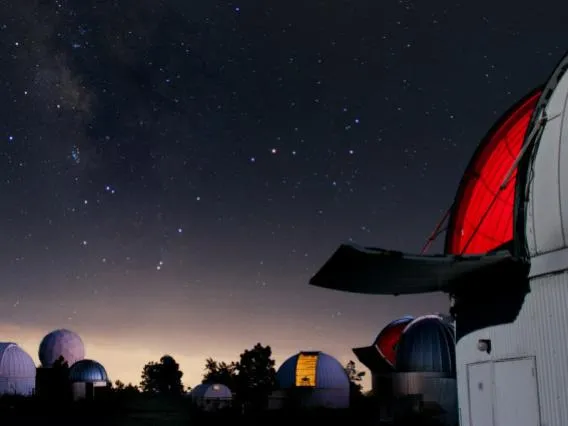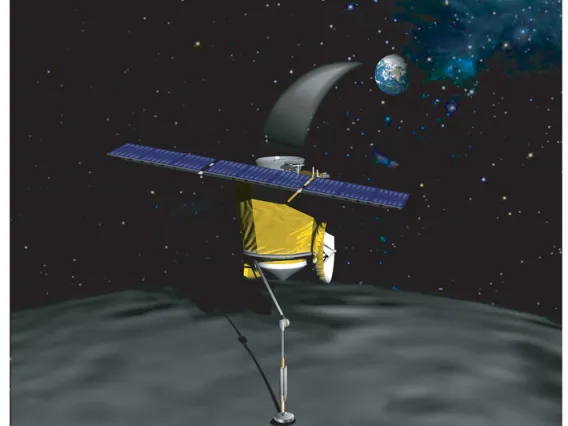Physics and Space Sciences
Through the study of the properties of time, solids, liquids and gases, faculty and students in physics and space sciences programs develop new knowledge and understanding of the significance of the laws that govern the universe. Internationally recognized faculty and state-of-the-art facilities create an ideal environment for interdisciplinary research of the roles of atoms, molecules and other particles and systems in the function of the universe.
Physics students and faculty seek to discover and understand the phenomena of matter and its interactions with other biological and physical materials and energy. Courses in atomic, molecular and optical physics, nuclear theory, particle physics, condensed matter physics, biological physics and theoretical astrophysics provide opportunities to explore the boundaries of what's known at the largest and smallest scales in the universe.
The study of Planetary Science is an integrated investigation combining resources in several disciplines to gain knowledge of the origins and evolution of planetary and solar systems. The Lunar and Planetary Laboratory has an outstanding international reputation for its continued contributions to solar system research and exploration, including the Phoenix Mars Mission and OSIRIS-REx, the first US sample return mission to an asteroid.
The Department of Astronomy is a world leader in observational and theoretical research and offers one of the top astronomy academic programs in the world. The department is directly associated with Steward Observatory, an internationally renowned astronomical research center. making significant breakthroughs in related technology development from new light detectors to giant telescope mirrors.




